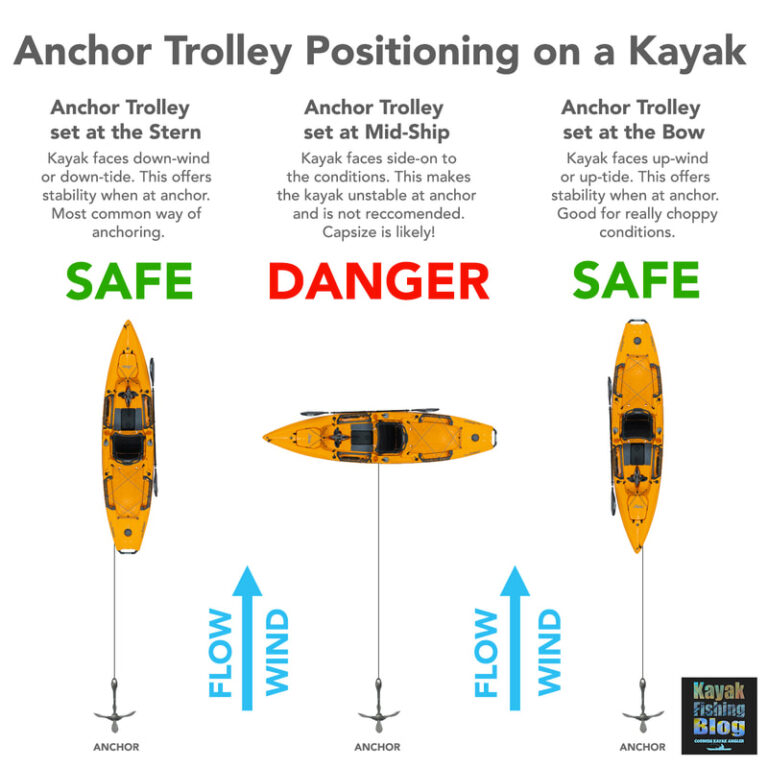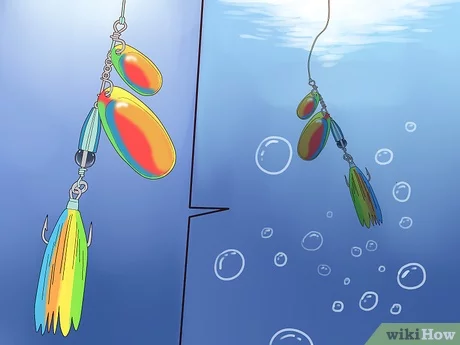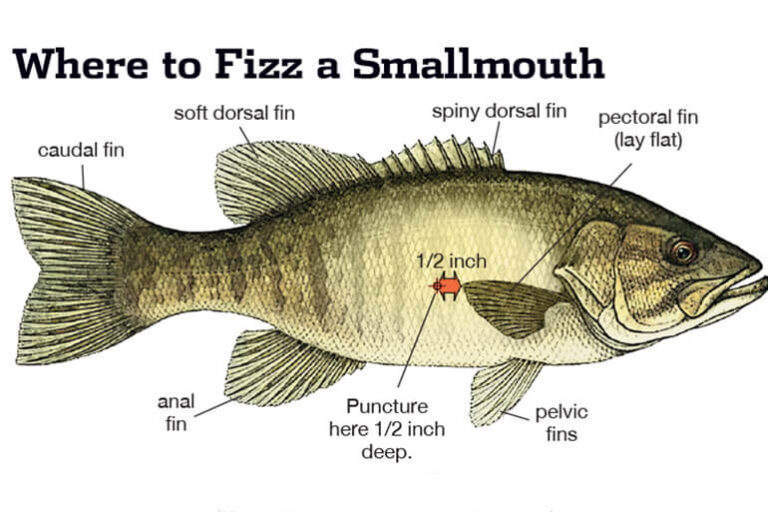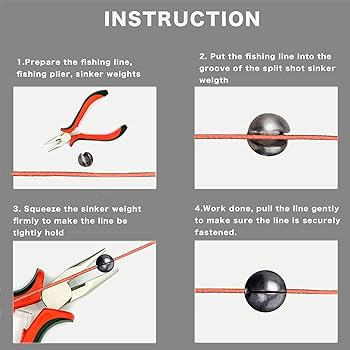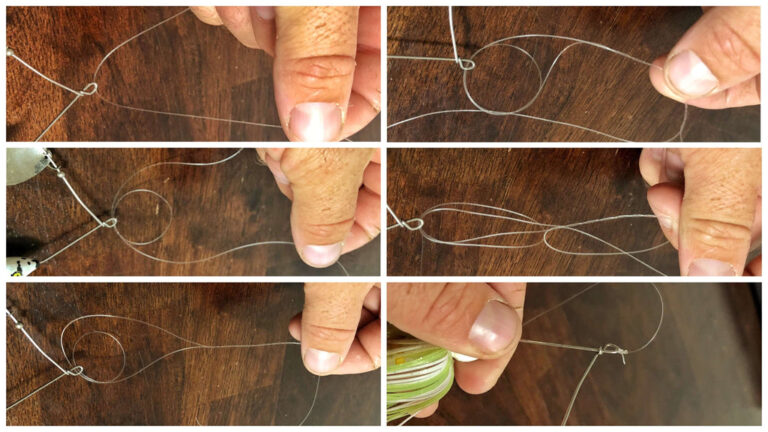How to Tie a Palomar Knot
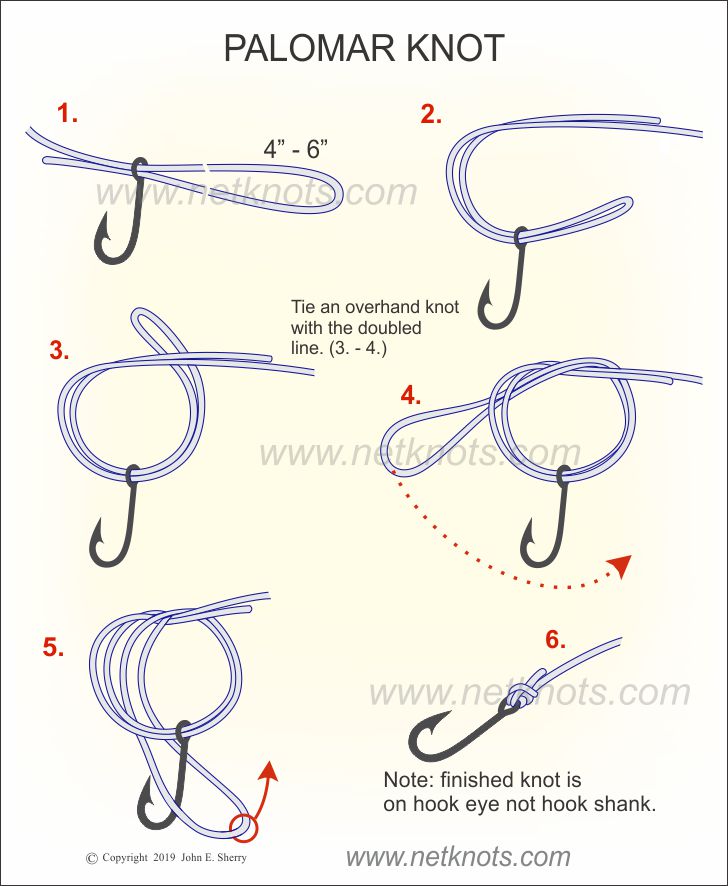
To tie a Palomar Knot, double up the line and pass it through the eye of the hook or split ring. Then, tie an overhand knot with the looped end around the main line.
Finally, pass the loop over the hook or lure and flip it up over the main line and tag end, and pull the tag end slowly until the knot cinches down (wet the line before tightening). Proper lubrication is crucial to avoid friction, heat, and weakening of the line when tying a fluorocarbon knot like the Palomar Knot in fishing.
The Palomar Knot is known as one of the strongest knots to tie and is commonly used in fishing for its durability and reliability. We will provide a step-by-step guide on how to tie a Palomar Knot effectively.
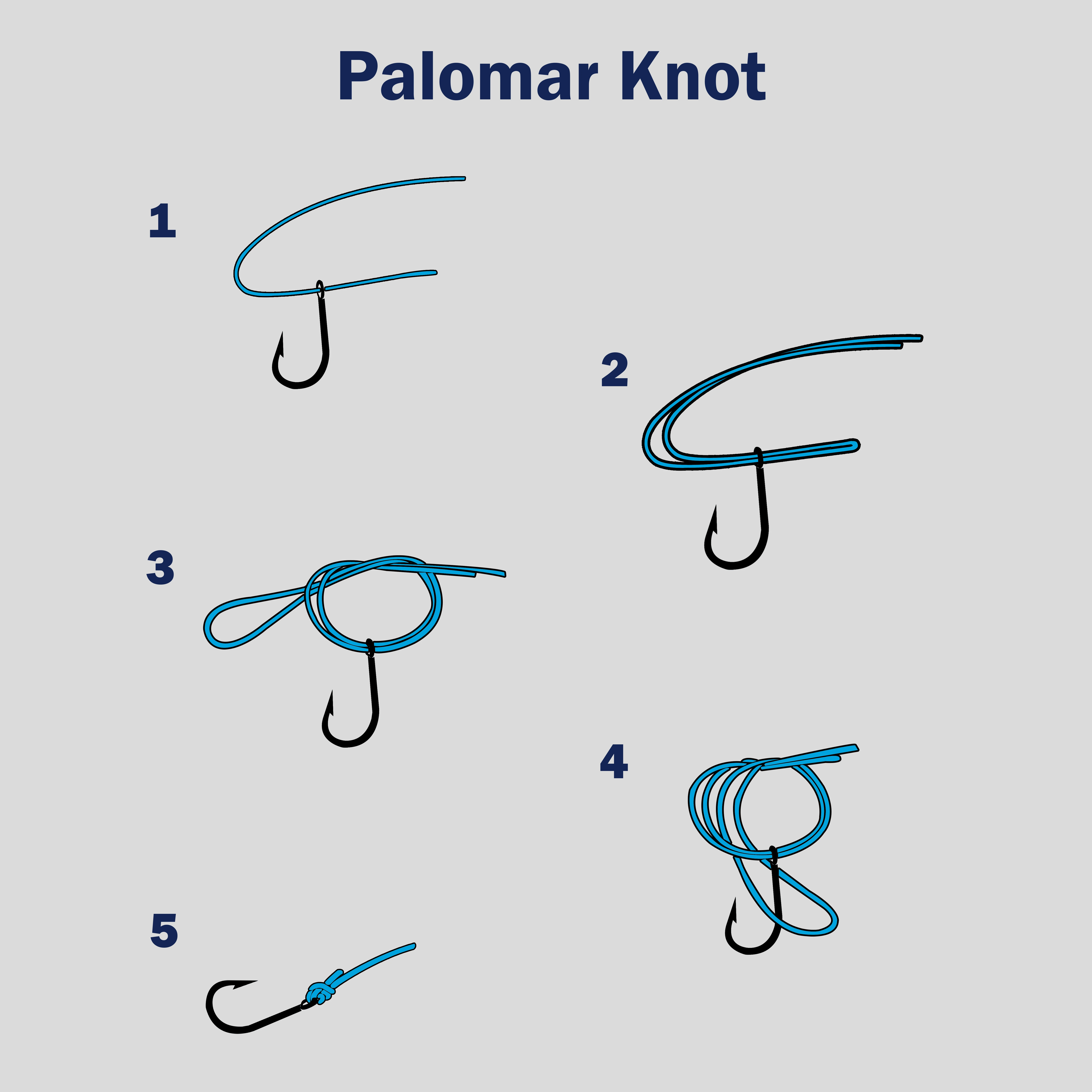
Credit: afishingaddiction.com
Step-by-step Guide To Tying A Palomar Knot
To tie a Palomar knot: Double up line and pass through eye of hook or split ring. Tie an overhand knot with looped end around the main line. Pass the loop over the hook or lure and flip it up over the main line and tag end. Pull the tag end slowly until the knot cinches down (wet line before tightening).
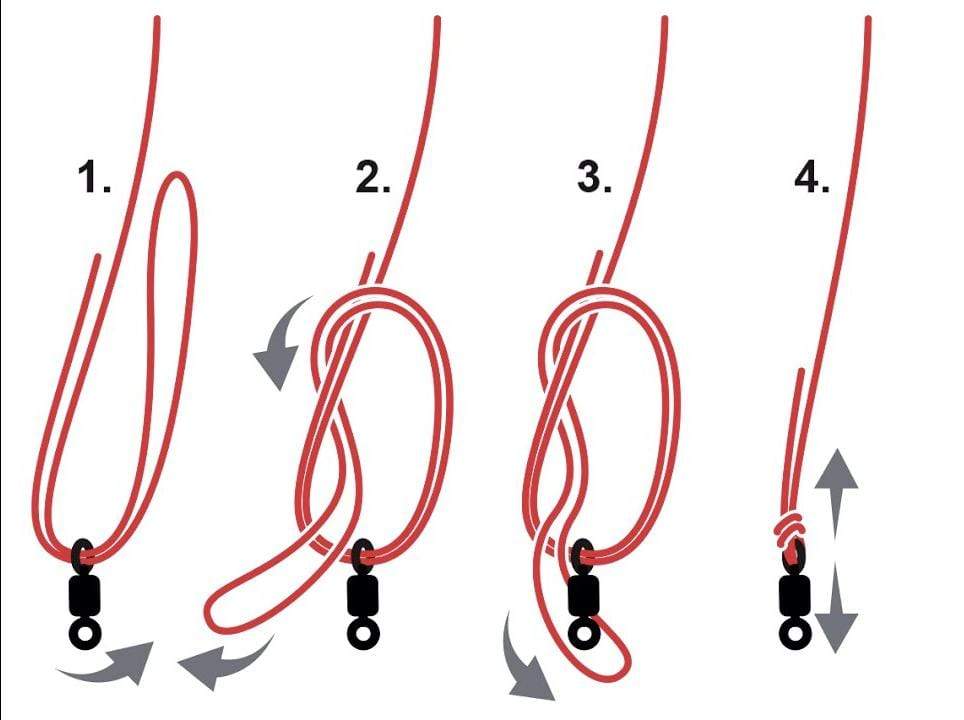
Credit: saltyscales.com
Video Tutorials
Here are some video tutorials that will show you how to tie a Palomar knot:
- Salt Strong: This tutorial provides a quick and easy demonstration of tying the Palomar knot. The video is 2 minutes and 34 seconds long.
- Fishing Tutorials: This video shows you how to tie a Palomar knot step-by-step. The tutorial is 1 minute and 43 seconds long.
- Take Me Fishing: This video gives you a brief overview of different fishing knots, including the Palomar knot. The video is 1 minute and 20 seconds long.
The Palomar knot is known for its strength and is commonly used in fishing. It is a versatile knot that can be tied with various types of fishing lines, including braided line and fluorocarbon. To tie the Palomar knot, you need to double up the line and pass it through the eye of the hook or split ring. Then, tie an overhand knot with the looped end around the main line. Pass the loop over the hook or lure and flip it up over the main line and tag end. Finally, pull the tag end slowly until the knot cinches down. It is recommended to wet the line before tightening the knot to reduce friction.
Common Mistakes And Troubleshooting
Tying a Palomar knot is a popular choice among anglers for its strength and reliability. However, there are a few common mistakes that can lead to knot failure. One key aspect to pay attention to is proper lubrication. Without lubrication, the tightening of the knot can subject the line to friction, which produces heat and weakens the line. To avoid this, make sure to moisten the knot with saliva or water before tightening. Another mistake to avoid is twisting the lines. When tying the knot, ensure that the lines are not twisted or tangled as this can compromise its strength. Lastly, it is important to snug the knot properly to ensure it is secure. Take the time to pull on both the main line and the tag end simultaneously to tighten the knot properly. By avoiding these common mistakes and following proper techniques, you can successfully tie a strong and reliable Palomar knot for your fishing needs. |
Advantages And Disadvantages Of The Palomar Knot
The Palomar knot is known for its strength and reliability when it comes to holding power. This knot is advantageous for its ability to maintain nearly 100% of the line’s original strength. However, it has limitations when used with larger diameter lines and can be challenging to tie with heavier lines. In such cases, alternative knots like the Improved Clinch or Uni knot may be more suitable. It is essential to consider the specific fishing application when choosing the right knot to ensure optimal performance.
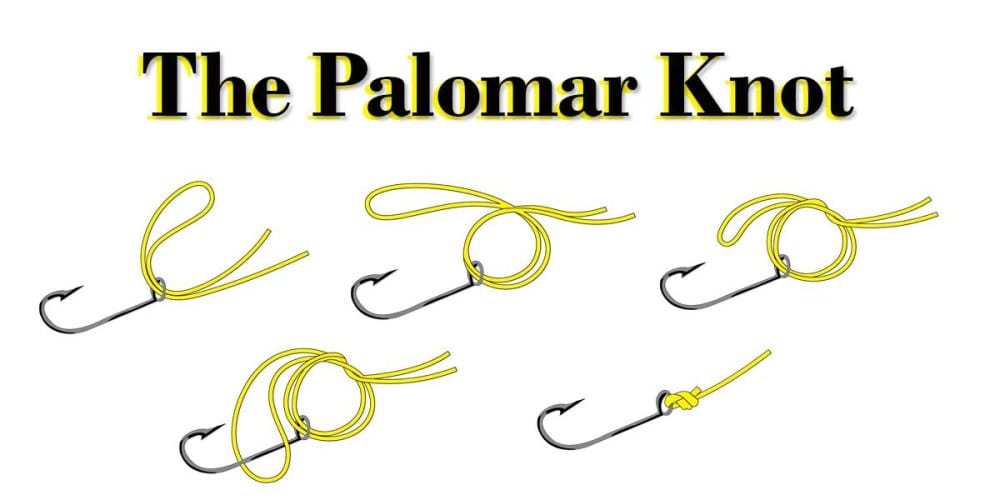
Credit: sportfishingpanama.com
Frequently Asked Questions Of How To Tie A Palomar Knot
How Do You Tie A Palomar Knot?
To tie a Palomar knot, double up the line and pass it through the eye of the hook. Tie an overhand knot with the looped end around the main line. Pass the loop over the hook and flip it up over the main line and tag end.
Slowly pull the tag end until the knot cinches down, wetting the line before tightening.
Why Do Palomar Knots Fail?
Improper lubrication results in friction and heat, weakening the line and causing Palomar knots to fail.
What Are The Disadvantages Of The Palomar Knot?
The Palomar knot isn’t ideal for lines smaller than 10 pounds because of its size.
What Is The Strongest Knot To Tie?
The Palomar knot is considered the strongest knot to tie due to its ability to withstand heavy tension and pressure. It is easy to tie by passing the looped end around the main line and then flipping the loop over the line and tag end.
Finally, pull the tag end slowly to tighten the knot.
Conclusion
Mastering the Palomar knot is an essential skill for every angler. Its simplicity and strength make it a reliable choice for securing hooks and lures. With practice and patience, you can confidently tie this knot and enhance your fishing experience.
So, grab your fishing gear and put your Palomar knot knowledge into action!
